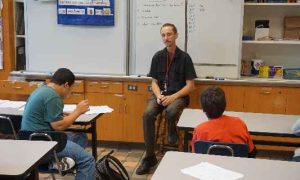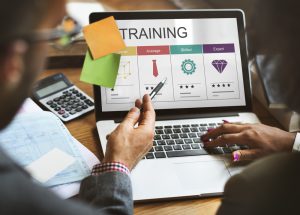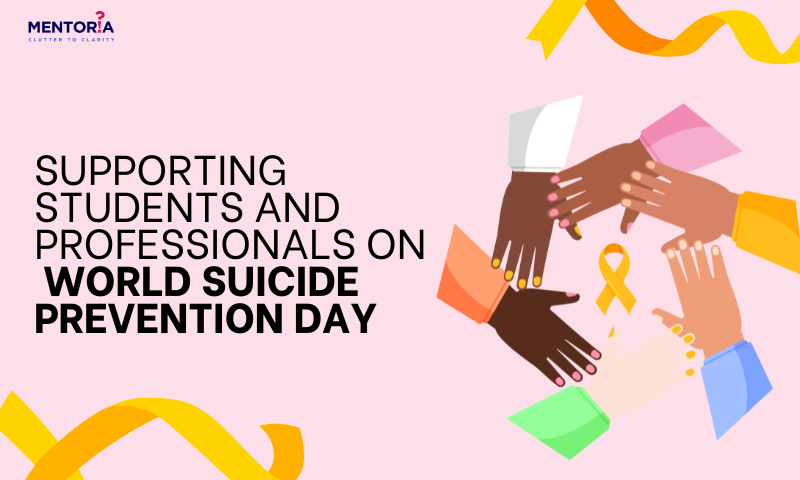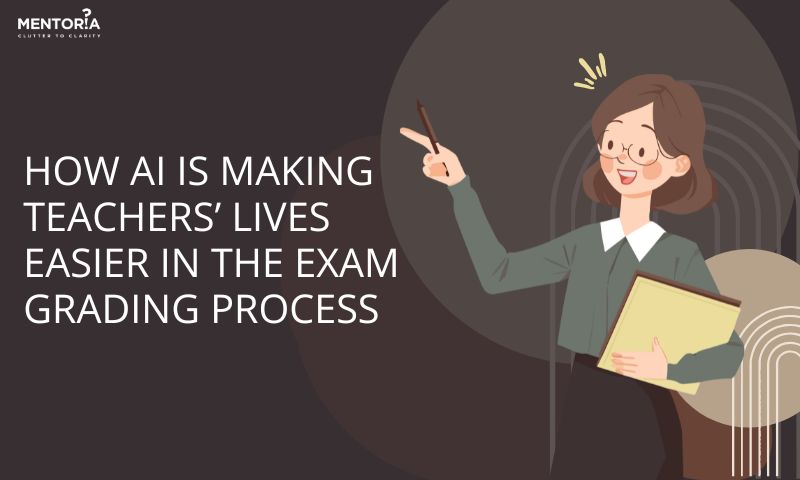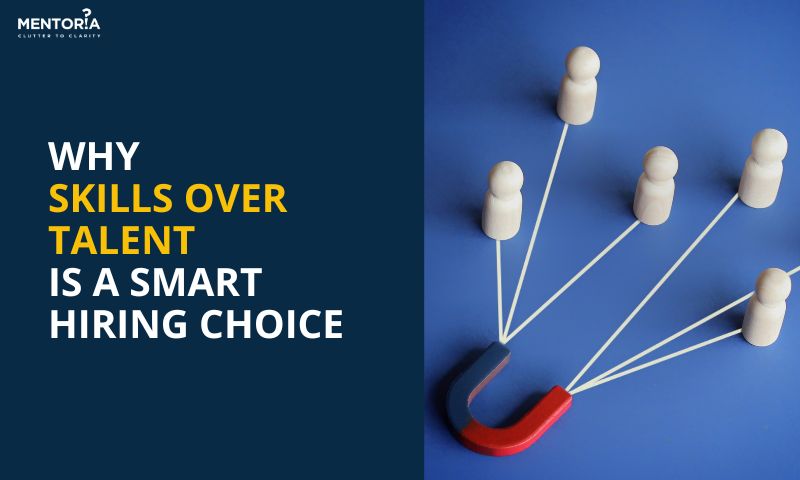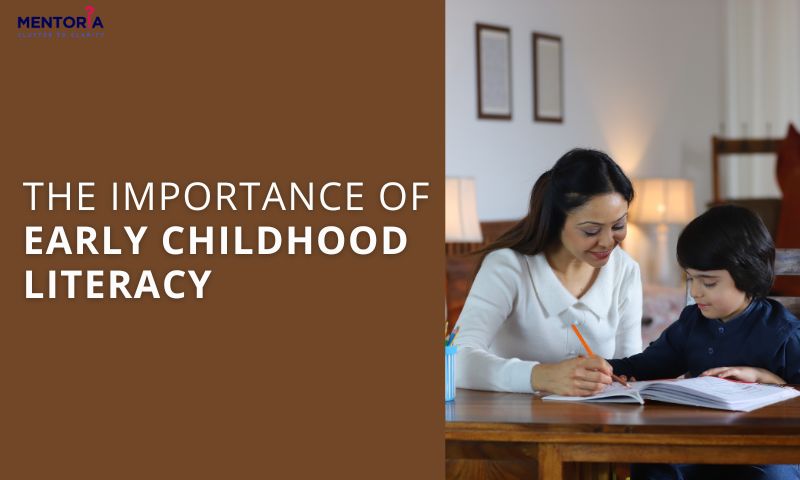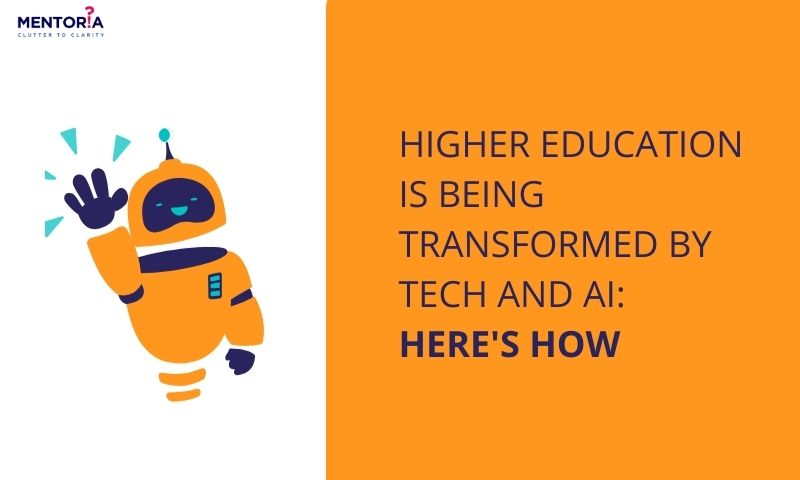Teaching In The 21st Century: Trends And Transformations
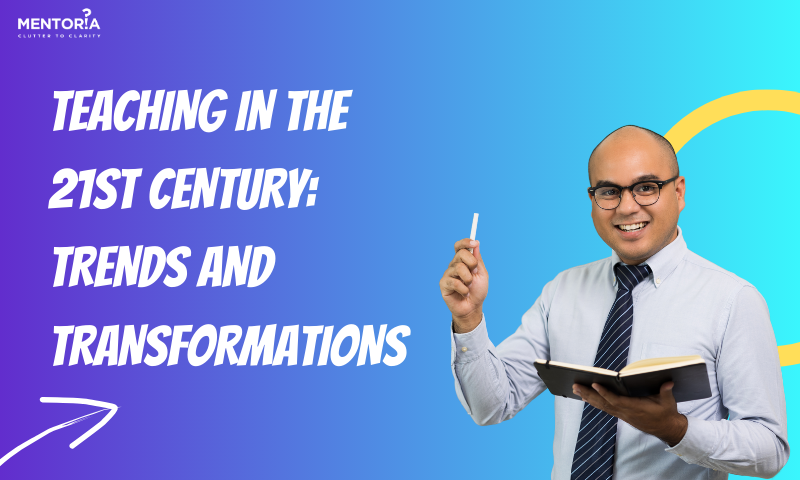
Jump to Section
The 21st century has ushered in a wave of transformative trends. The traditional classroom, with its chalkboards and textbooks, has given way to a dynamic and tech-savvy environment. These shifts have been accelerated by the rapid advancement of technology and changes in societal expectations. Today’s educators are faced with a thrilling yet challenging task: to adapt to these trends and effectively prepare the next generation for an increasingly complex world. In this blog, we delve into the exciting shifts that are reshaping the field of education and the ways in which educators are embracing innovation to foster learning in the digital age.
The Timeless Role Of A Guide
As we step into the future, one thing remains constant: the teacher’s role as a guide. Teachers have always been the compass, helping students navigate the sea of knowledge. But now, this role is taking on a new dimension:
- Facilitator of Learning: Teachers are moving away from traditional lecture-based teaching to become facilitators of learning. They create an environment where students actively engage with the material, fostering critical thinking and problem-solving skills.
- Mentorship: The relationship between teachers and students is becoming more mentor-like. Teachers offer guidance not just academically but also in personal development, helping students set goals and plan their futures.
Embracing Technology: The Digital Revolution
In today’s tech-savvy world, it’s impossible to discuss evolving teaching roles without mentioning the significant impact of technology. Here’s how it’s changing the game:
- Online Learning: With the rise of e-learning platforms and virtual classrooms, teachers are adapting to online teaching. They’re learning to use tools and platforms effectively to reach a broader and more diverse student base. The Global E-Learning Market is poised to grow at a CAGR of around 7.2% over the next decade to reach approximately $325 billion by 2025
- Personalised Learning: Technology enables teachers to tailor lessons to individual student needs. Adaptive learning software and data analytics provide insights into each student’s progress, allowing for a personalised learning experience. In fact, a survey by the Bill & Melinda Gates Foundation found that most teachers believe technology enhances the classroom experience
- Blended Learning: The future of education is all about blending traditional and online teaching methods. Teachers are incorporating digital resources into their lessons to enhance engagement and flexibility.
The Global Classroom: Cultural Sensitivity And Inclusivity
In today’s interconnected world, teachers are tasked with preparing students to be global citizens. This means fostering cultural sensitivity and inclusivity:
- Diversity in Curriculum: Teachers are including diverse perspectives in their curriculum to ensure students have a well-rounded understanding of the world. This includes topics like global history, multicultural literature, and international current events.
- Language and Communication: With the world at our fingertips, learning multiple languages and effective cross-cultural communication skills are becoming essential. Teachers are encouraging students to embrace linguistic diversity.
- Global Projects and Exchanges: Collaborative projects with students from different parts of the world are on the rise. Teachers are facilitating international exchanges, allowing students to learn from peers with different backgrounds.
Preparing For Future Careers: 21st-Century Skills
The job market is evolving, and teachers play a crucial role in preparing students for the careers of the future. Here’s how they’re doing it:
- Critical Thinking and Problem Solving: Teachers are emphasising these skills to help students adapt to complex, rapidly changing work environments. They encourage students to question, analyse, and find innovative solutions. For instance, students might work on designing sustainable solutions for local environmental issues or develop entrepreneurial ventures within the classroom.
- Digital Literacy: In a technology-driven world, digital literacy is a must. Teachers are ensuring students are not only proficient in using digital tools but also in evaluating online information for reliability.
- Soft Skills: Beyond technical expertise, teachers are focusing on soft skills like communication, teamwork, adaptability, and empathy. These skills are highly valued by employers.
Educators are taking innovative approaches to equip students with the skills necessary for success in the 21st century. They understand that it’s not just about what is taught but how it’s taught. Here’s a glimpse into some of the strategies and initiatives they are implementing:
- Project-Based Learning: Teachers are moving beyond traditional rote learning to engage students in project-based activities. These projects encourage critical thinking and problem-solving by presenting real-world challenges that require creative solutions. For instance, students might work on designing sustainable solutions for local environmental issues or develop entrepreneurial ventures within the classroom.
- Digital Fluency Programs: Recognizing the paramount importance of digital literacy, educators are integrating digital fluency programs into the curriculum. These programs not only teach students how to use digital tools but also educate them on responsible and ethical digital practices. Students learn to discern credible sources from misinformation in the vast online world.
- Experiential Learning: Many schools are embracing experiential learning approaches, such as internships, apprenticeships, and hands-on workshops. These experiences expose students to real work environments, fostering soft skills like communication, teamwork, and adaptability. For instance, students might collaborate with local businesses or nonprofit organisations to solve authentic problems, enhancing their empathy and interpersonal abilities.
- Cross-Disciplinary Education: To encourage holistic skill development, educators are breaking down subject silos. They design interdisciplinary courses that blend diverse subjects, enabling students to see the interconnectedness of knowledge. This approach not only reinforces critical thinking but also enc
Wellness And Mindfulness: A Holistic Approach
In the pursuit of academic excellence, educators are increasingly recognising the importance of student well-being:
- Mental Health Support: Teachers are becoming more attuned to the emotional needs of their students. They create a safe space for open discussions about mental health concerns, encouraging students to express their feelings and seek help when needed. Schools are also offering access to counsellors and mental health professionals who can provide guidance and support to students facing emotional challenges.
- Balanced Learning: A holistic education encompasses more than just academic subjects. Schools are integrating physical activity, arts, and mindfulness practices into their curriculum. This approach promotes the overall development of students. For instance, physical education classes, art programs, and mindfulness sessions are regularly scheduled to provide students with opportunities to explore their physical and creative potential.
- Stress Management: Acknowledging that stress is an inevitable part of life, educators are teaching stress management techniques to help students cope with academic pressures and life challenges. This includes workshops on time management, relaxation exercises, and resilience-building activities. By equipping students with these skills, schools are empowering them to navigate stress in a healthy and constructive manner.
Environmental Stewardship: Teaching Sustainability
With climate change becoming an urgent global issue, teachers are taking on the role of environmental educators:
- Environmental Education: In the realm of environmental education, teachers are not merely adding sustainability as a topic; they are adopting a holistic approach. They infuse sustainability concepts, like climate change, conservation, and sustainable practices, across various subjects. For instance, in science classes, students delve into the ecological impacts of climate change, while in mathematics, they might analyse data on environmental trends. This interdisciplinary approach ensures that sustainability is seamlessly woven into the educational fabric.
- Green Initiatives: Schools are not just preaching sustainability; they are living it through green initiatives. Teachers are at the forefront, leading recycling programs where students actively participate in waste reduction. Sustainable gardening projects teach students the principles of organic cultivation and the importance of biodiversity. Energy conservation is not just a topic but a daily practice, with teachers instilling the habit of turning off lights and devices when not in use. This hands-on involvement makes students responsible stewards of the planet, as they witness sustainability in action.
- Outdoor Learning: Teachers recognize that to truly understand the environment, students must experience it. Beyond the classroom, outdoor learning experiences are organised. Here, students explore nature, observe ecosystems, and engage in activities like tree planting and wildlife observation. By immersing themselves in the natural world, students develop a profound connection to it. This approach nurtures a genuine love for the environment, fostering a generation of individuals who not only understand the importance of conservation but also actively participate in it.
Professional Development: Lifelong Learning For Educators
Just as teachers guide their students on a path of learning, they are also committed to their own professional growth:
- Continuous Learning: Teachers are actively engaging in continuous learning through a variety of initiatives. Many participate in workshops and conferences, where they gain exposure to innovative teaching methods and the latest pedagogical research. Additionally, online courses and webinars provide a flexible way for educators to acquire new skills and knowledge. Pursuing advanced degrees, such as master’s or doctoral programs, is another common avenue for deepening expertise in a specific subject area or educational specialisation.
- Collaboration: Collaboration is at the heart of professional growth for teachers. They often participate in Professional Learning Communities (PLCs) within their schools or districts. These communities offer a structured platform for educators to collaborate, share best practices, and collectively problem-solve. Teachers exchange ideas, strategies, and resources with colleagues, which not only enriches their teaching skills but also fosters a sense of camaraderie and shared purpose.
- Teacher Leadership: As teachers grow in experience and expertise, some choose to take on leadership roles within their educational institutions. These roles can vary from department heads and curriculum coordinators to mentorship positions for newer teachers. Teacher leaders play a pivotal role in shaping educational policies and practices within their schools or districts. Their initiatives might involve curriculum development, introducing innovative teaching methods, or advocating for changes that enhance the overall learning environment.
Mentoria: Your Partner In Educational Growth
The roles of teachers are evolving in response to the changing landscape of education. From the adoption of technology in the classroom to the emphasis on personalised learning, educators today face new challenges and opportunities. Keeping up with these evolving trends is essential for staying effective and relevant in the field of education.
Mentoria is committed to supporting educators on their journey of growth and adaptation. Our comprehensive resources and expert guidance are designed to help teachers thrive in the modern educational landscape. Whether you’re looking to enhance your digital teaching skills, explore innovative teaching methods, or stay up-to-date with the latest trends in education, Mentoria is here to empower you.
